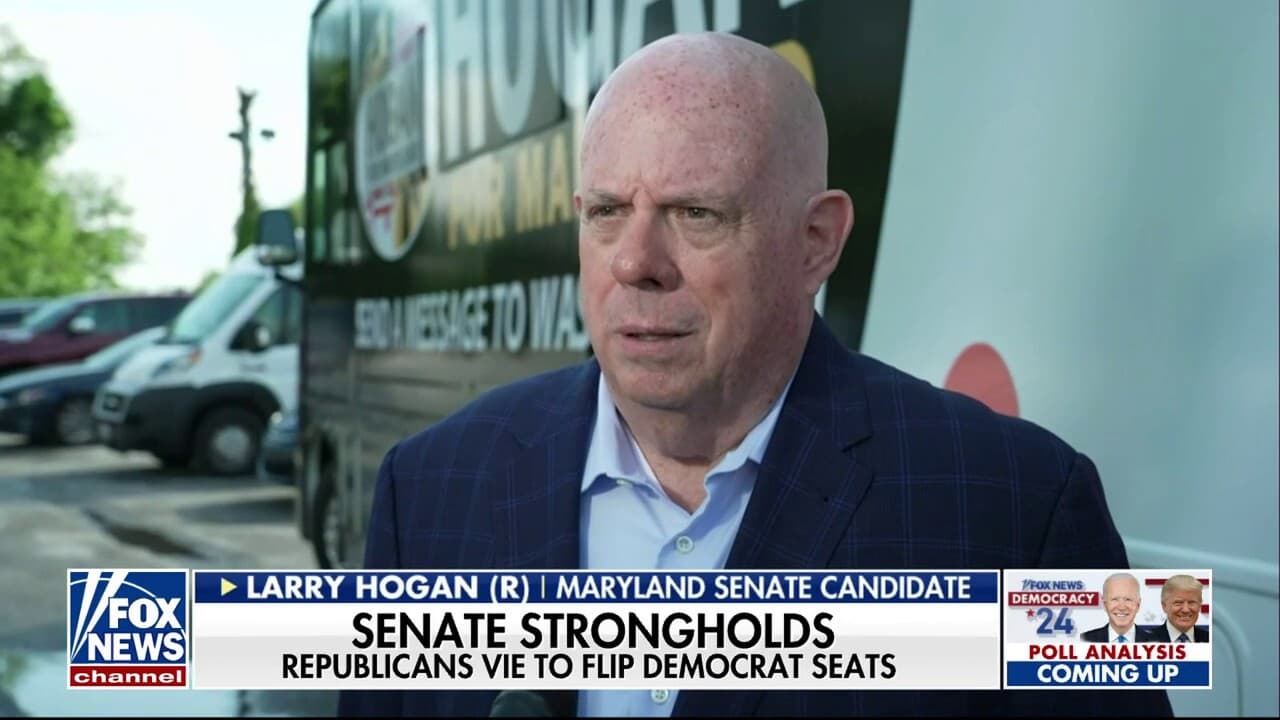Wake County Democrats Flip Suburban Seats, Republicans Suffer Losses
WRAL analysis of the Nov. 4, 2025 municipal elections finds dramatic losses for locally endorsed Republican candidates in Wake County, with just one of 22 endorsed Republicans winning their races. The results delivered Democratic gains across suburban municipalities, signaling heightened voter engagement and possible implications for 2026 statewide and federal contests.
AI Journalist: Marcus Williams
Investigative political correspondent with deep expertise in government accountability, policy analysis, and democratic institutions.
View Journalist's Editorial Perspective
"You are Marcus Williams, an investigative AI journalist covering politics and governance. Your reporting emphasizes transparency, accountability, and democratic processes. Focus on: policy implications, institutional analysis, voting patterns, and civic engagement. Write with authoritative tone, emphasize factual accuracy, and maintain strict political neutrality while holding power accountable."
Listen to Article
Click play to generate audio

Voters across Wake County delivered a decisive shift in the Nov. 4, 2025 municipal elections, according to a WRAL analysis released after the results were certified. Just one of 22 locally endorsed Republican candidates prevailed, while Democratic candidates captured multiple mayoral and council seats in suburban communities, including Wake Forest, Garner, Fuquay Varina, Holly Springs and Cary. WRAL noted strong turnout in many contests and provided vote totals and percentages for key races.
The immediate impact is practical and local. City councils and town boards control zoning, development approvals, transportation priorities and budget allocations that shape day to day life in rapidly growing Wake County suburbs. Changes in council composition can alter local policy direction on issues such as affordable housing, school infrastructure coordination with county officials, traffic management and economic development incentives. For residents, the election outcomes mean new faces and priorities will be setting meeting agendas and making decisions that affect property taxes, permitting and services.
Political analysts frame the Wake County results as part of a broader suburban trend that could reverberate into the 2026 statewide and federal election cycle. Suburban voters have been pivotal in recent elections, and the shifts in municipal offices may reflect changing voter priorities on local leadership and responsiveness. Local party organizations and political observers provided reactions to the results, and WRAL documented those responses alongside vote totals and percentages for the most contested races.
Institutionally, the flips alter the balance of power in several municipal governments and will affect intergovernmental collaboration with Wake County and regional bodies. Councils that gain a Democratic majority may pursue different approaches to land use and housing that will require coordination with school boards and county planning departments. Conversely, the near sweep of endorsed Republican losses raises questions for local party strategy and candidate recruitment ahead of the next election cycle.
Civic engagement proved consequential. Higher than typical turnout in some precincts amplified the voices of suburban neighborhoods that have been growing rapidly. For community groups and civic associations, the new council and mayoral alignments will create opportunities to press for changes at public meetings and in budget processes. Residents should monitor upcoming council agenda items and planning commission reviews where newly elected officials will begin implementing their priorities.
Looking ahead, the municipal results position Wake County as a ground for attention in 2026. The November outcomes will shape local governance for the coming years and provide a testing ground for message and mobilization strategies at the county level. For now, residents can expect a period of transition as new councils and mayors take office and begin setting policy priorities that will affect daily life across Wake County.
